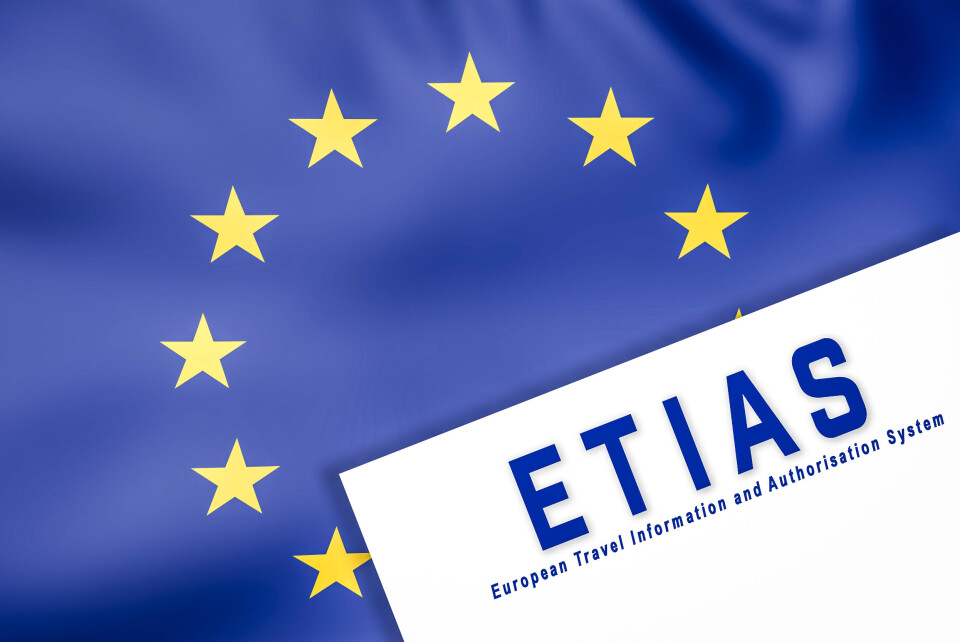-
Occitanie copper phase-out ramps up – how it will affect residents
There are some simple steps you can take to prepare for the switchoff
-
Which cars are stolen the most in France and why?
Perhaps surprisingly, the higher-end vehicles are not the most targeted
-
Several wolf sightings in centre of Frejus, Var
Rules have been relaxed around shooting wolves that threaten livestock
EU’s Etias travel authorisation system start date put back again
This will require non-EU citizens living in countries entitled to visa-free visits to the bloc, such as America and the UK, to gain approval before travel

The implementation of the EU’s European Travel Information and Authorisation System (Etias) has been delayed again.
Legislation regarding the system was first passed in 2016, in a bid to improve security at the external borders of the Schengen zone.
It was initially expected to take five years to become operational, meaning that it would have been introduced at the end of 2021, and be fully established by 2022 .
However, implementation was then delayed until 2022, and more recently the system was expected to come into effect in May 2023.
According to current planning, Etias is scheduled to enter into operation as of November 2023," the European Commission has now stated.
It is likely that even after Etias is implemented, there will be up to six months before the system becomes mandatory.
During this time, non-EU travellers entitled to visa-free visits to the bloc would be able to choose whether or not to register their details with the system.
However a parallel EU Entry/Exit System (EES), which will collect biometric and other information about passengers as they enter the Schengen area is still expected to begin in May 2023
Read more: Etias, EES: How will it work with mixed French-UK nationality couples?
What is Etias?
Etias is an EU tracking system that will monitor the movements of non-EU citizens living in countries which do not need a visa for short visits to the Schengen Zone. This group of travellers will soon have to apply for authorisation before they travel to the bloc.
This will be the case for British, American and Australian passport holders, for example.
After a traveller fills in the application form online – a process which is expected to take about 10 minutes – their details will then be checked against EU information systems.
Up to 95% of applications are expected to be approved within minutes, but if further checks are required, the process could take up to two weeks.
When the person begins their journey to the EU, passport control officers will scan their travel document data electronically, triggering a query to Etias. If they have received prior approval they will be allowed to proceed, if not they will be refused entry.
Etias will be similar to the US’ Esta visa-waiver; applications will cost €7 and approval, once obtained, will remain valid for three years. Under-18s will not have to pay a fee, but must still gain Etias approval.
The EU nations outside the Etias system are Bulgaria, Croatia, Cyprus, Ireland and Romania.
Etias will be combined with a parallel EU Entry/Exit System (EES), which will collect biometric and other information about passengers as they enter the Schengen area.
The combined systems will replace the manual stamping of passports, which does not enable a systemic detection of people who are overstaying the period they are permitted to stay in the EU.
EES is still expected to come into effect in May 2023, meaning that the biometric checks in international travel terminals will begin at this time, but affected travellers will not yet have to apply for Etias approval before their journey.
Related articles
Dover Port boss warns of safety issues and delays with new EU checks
Five questions on how UK’s new border scheme could impact EU tourists
How can the EU’s proposed Etias and EES systems not be Brexit revenge?
























